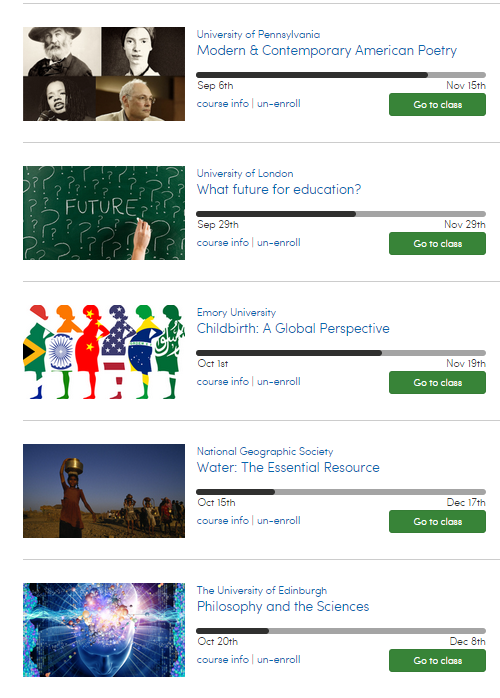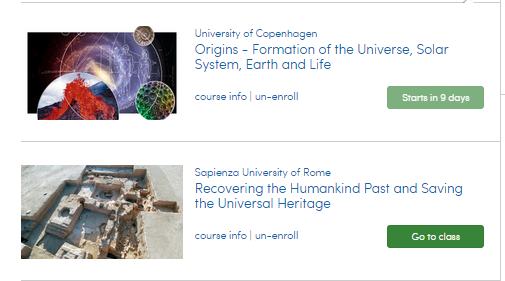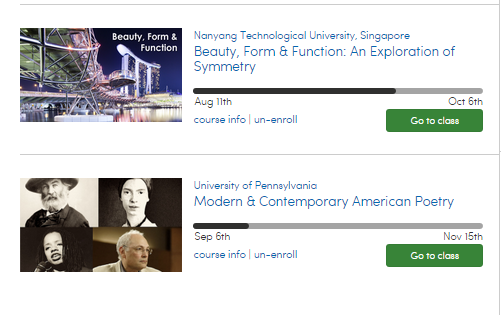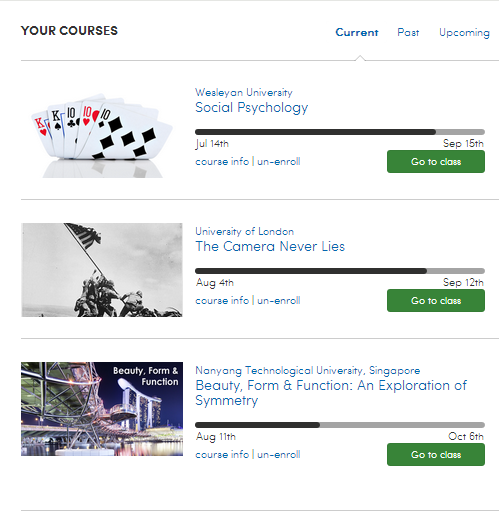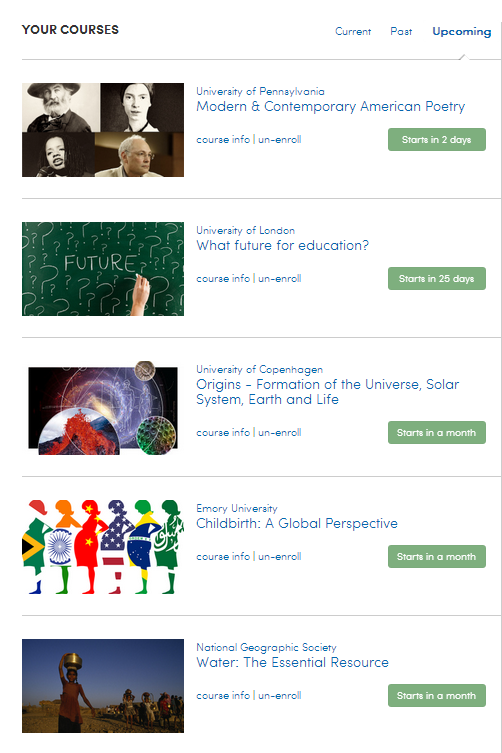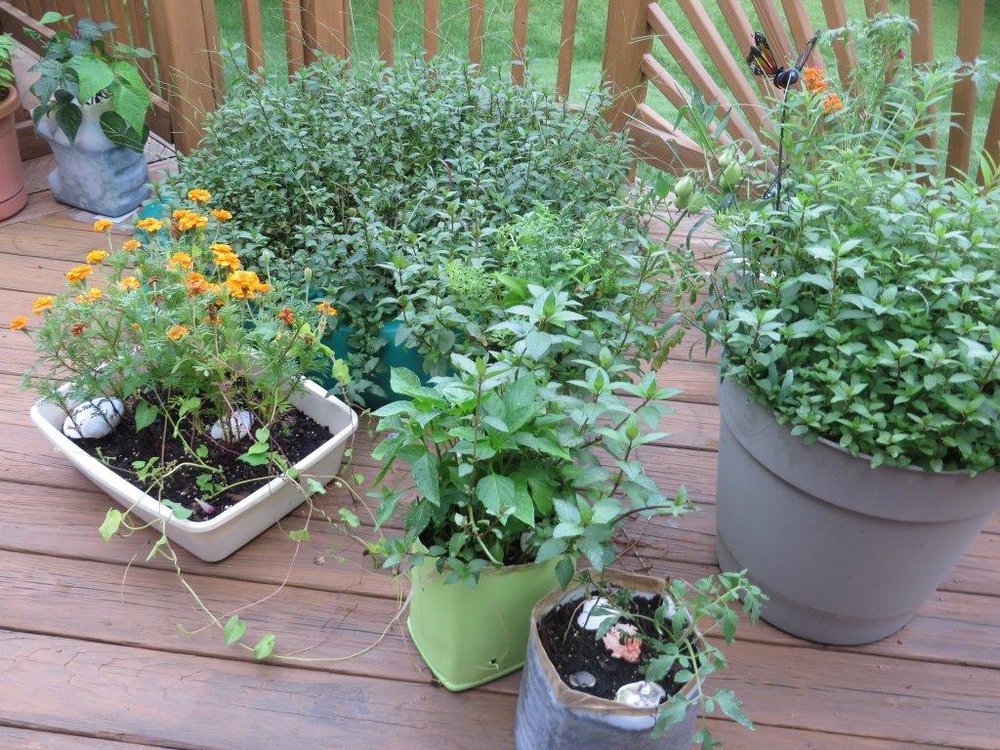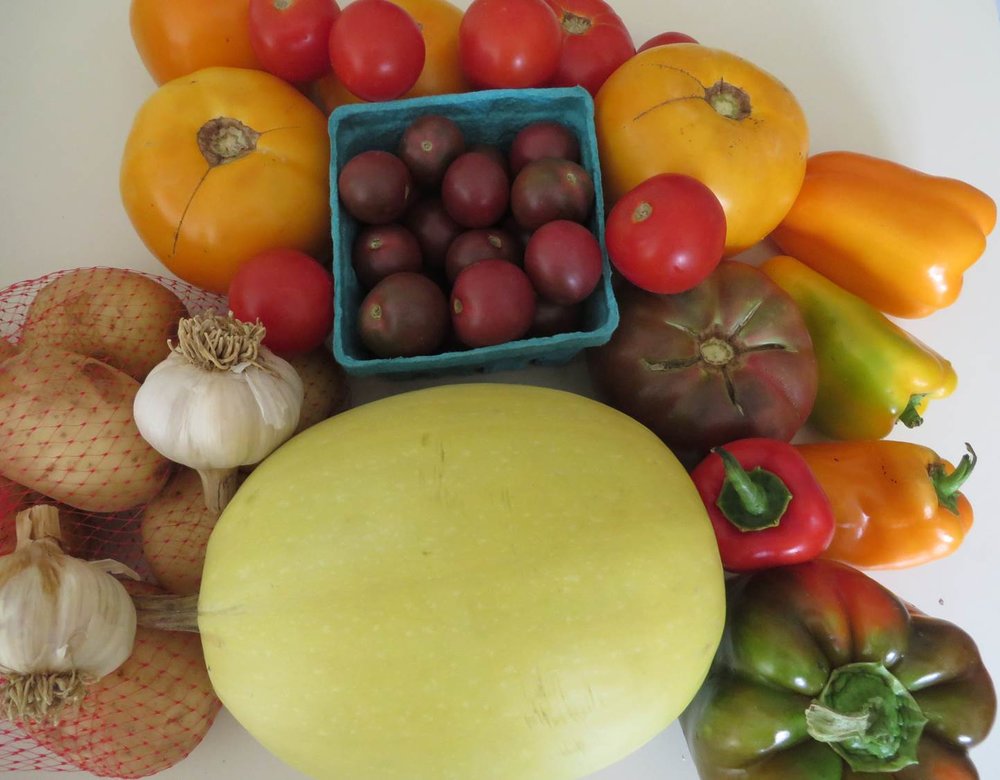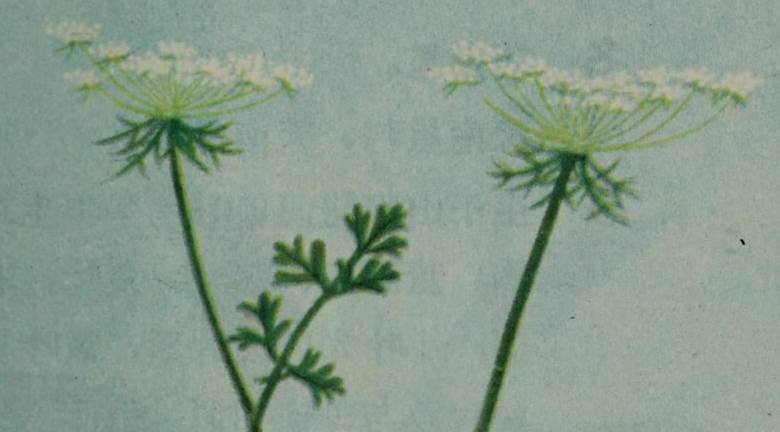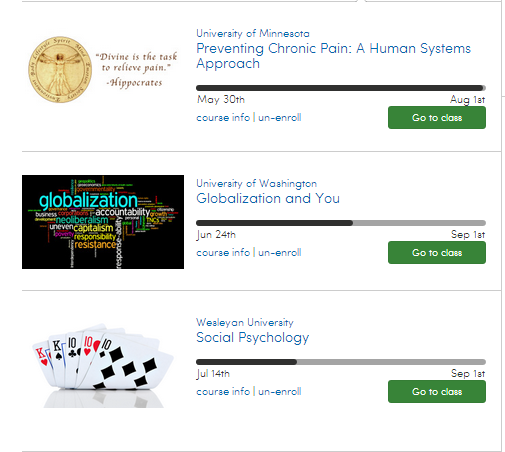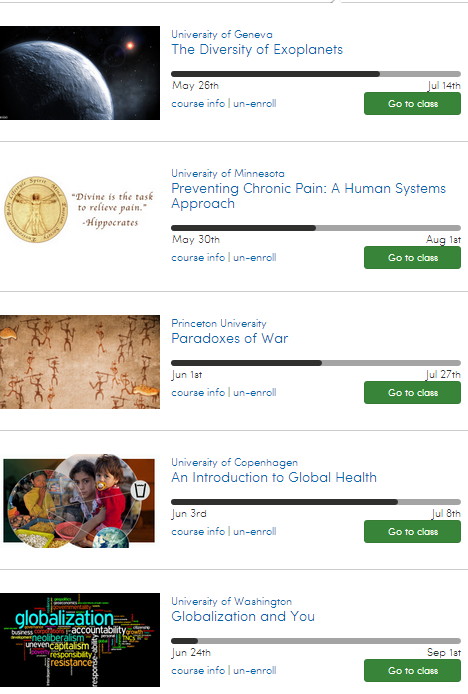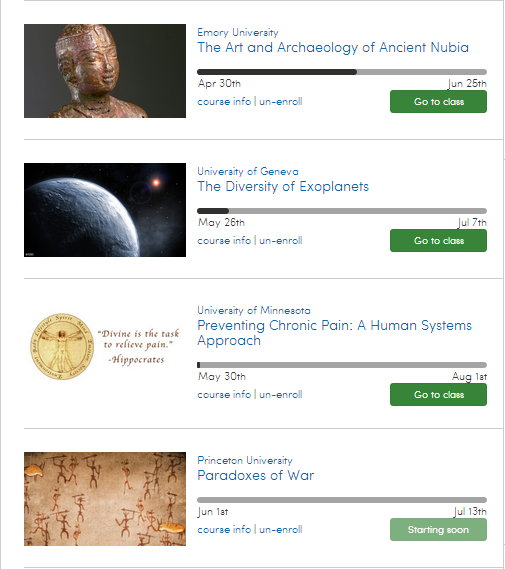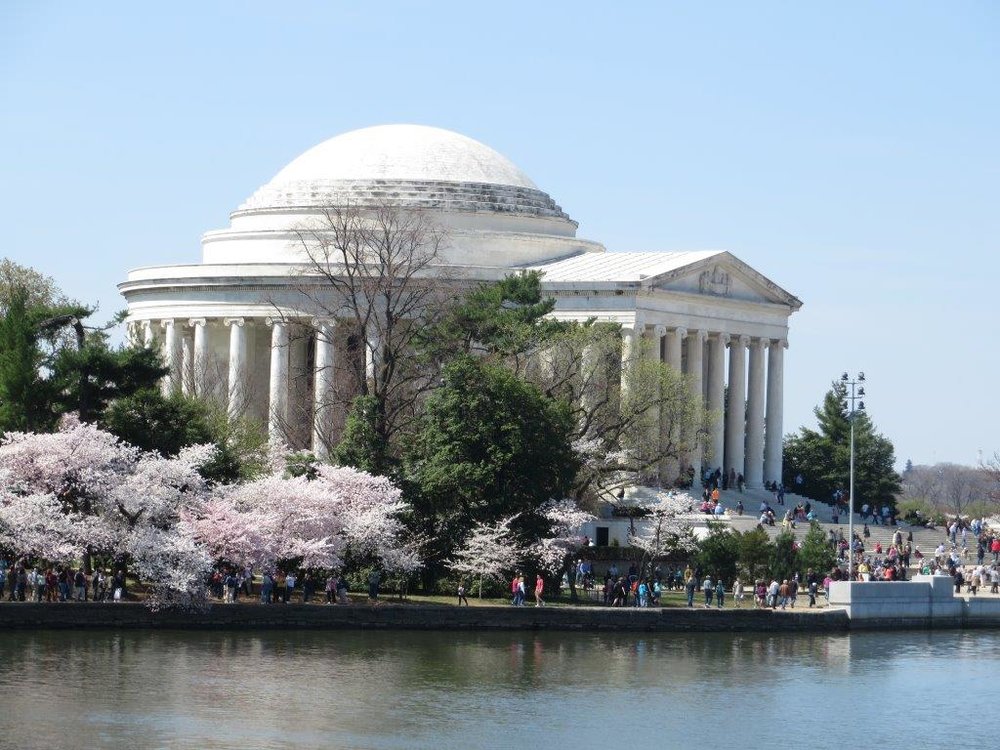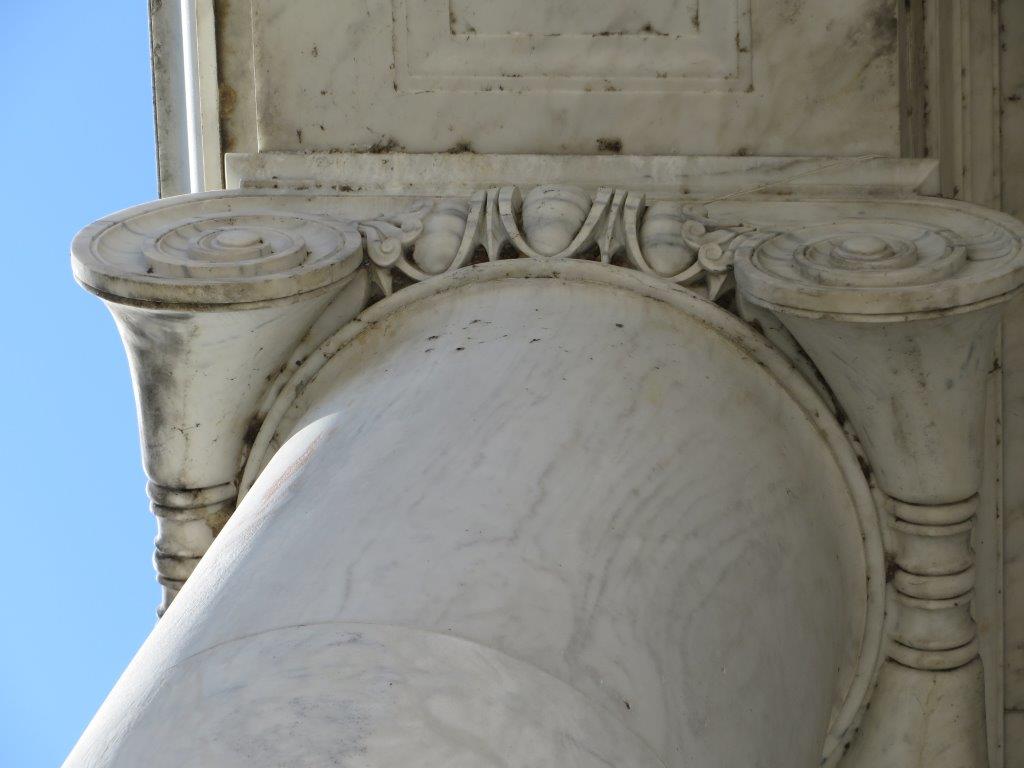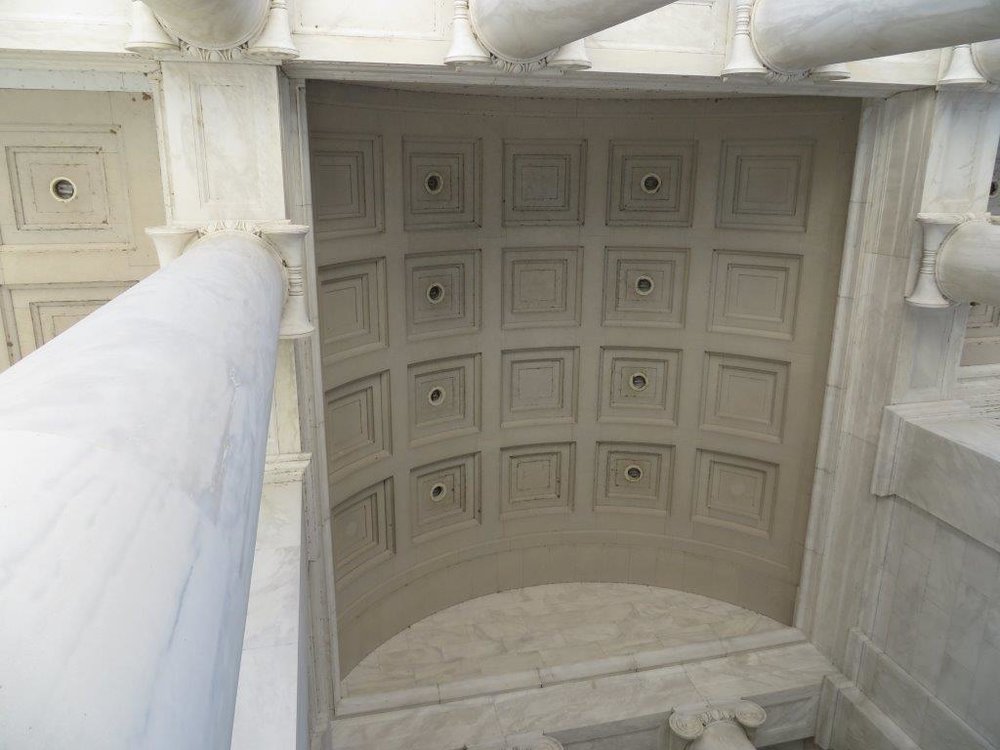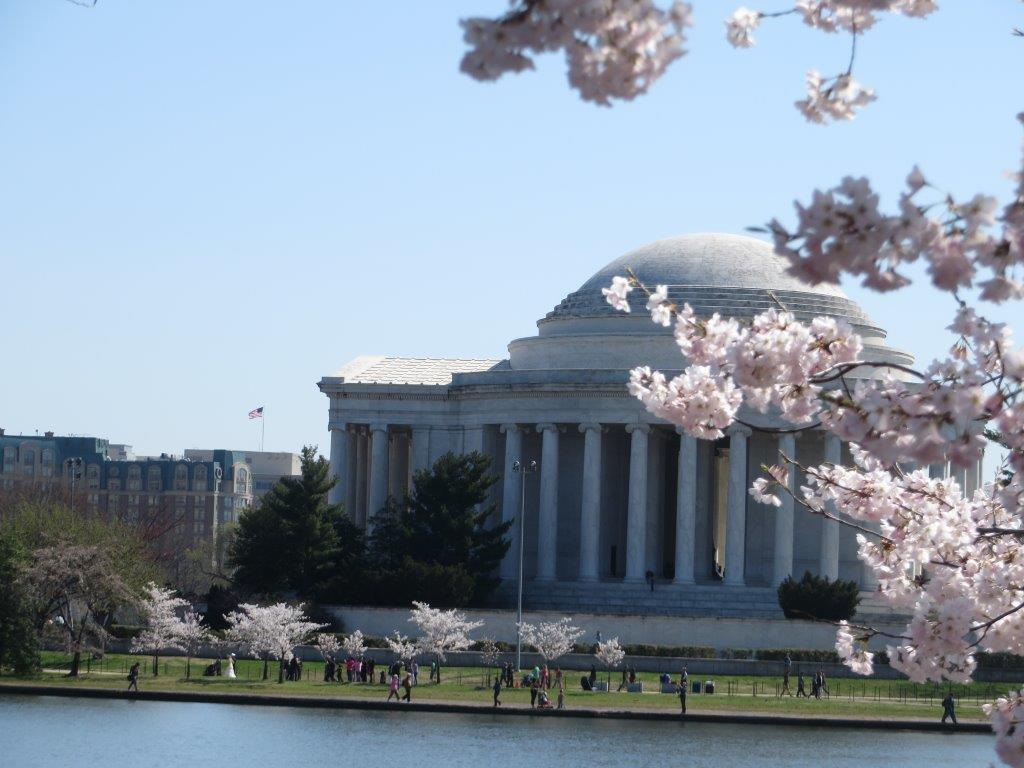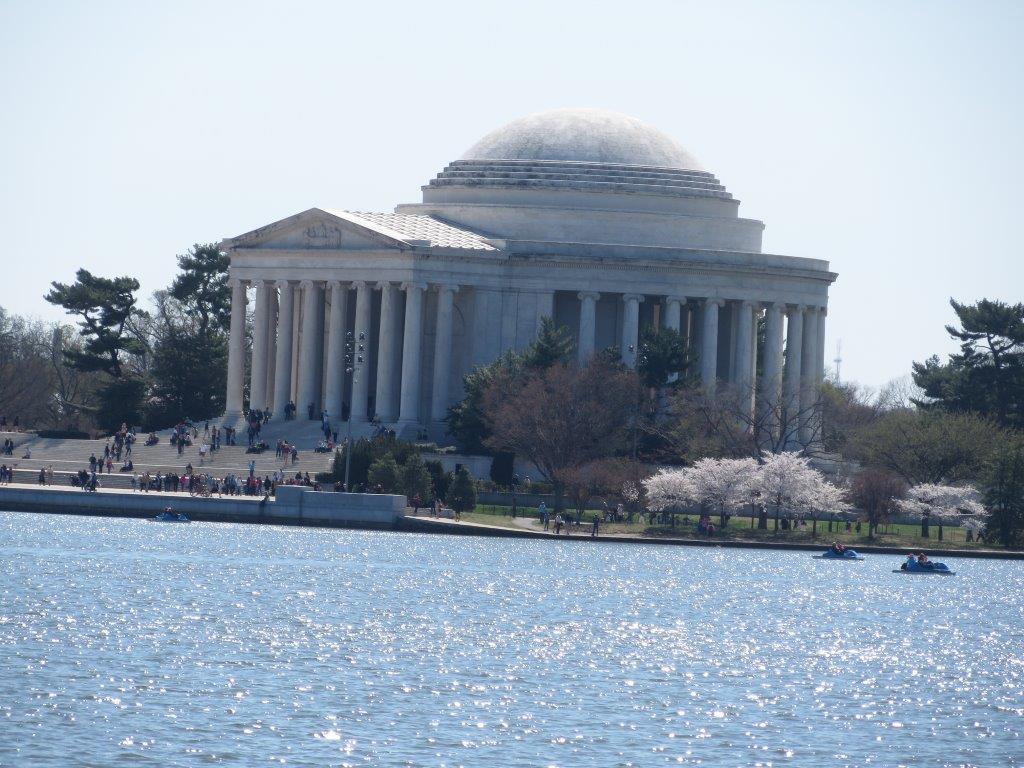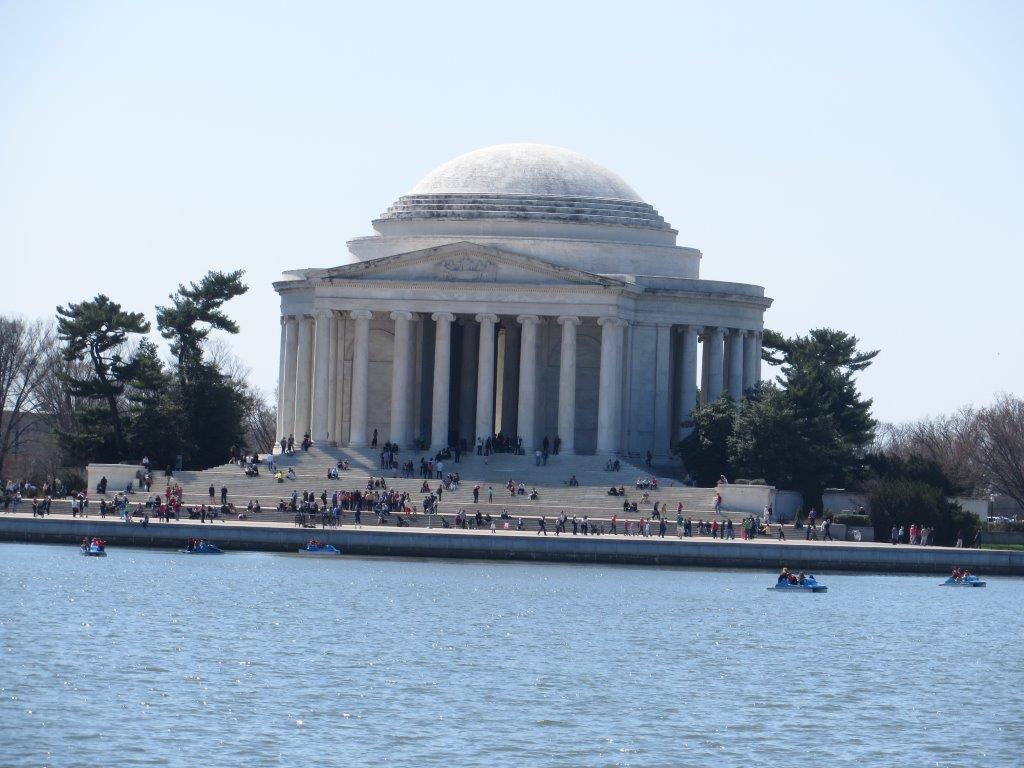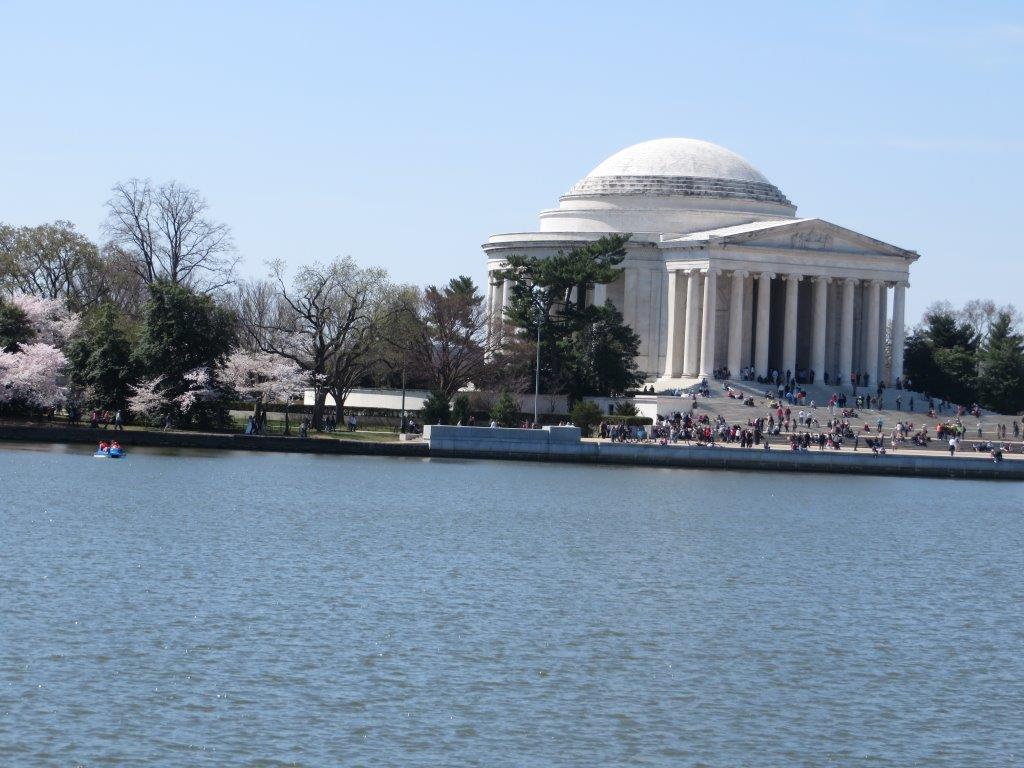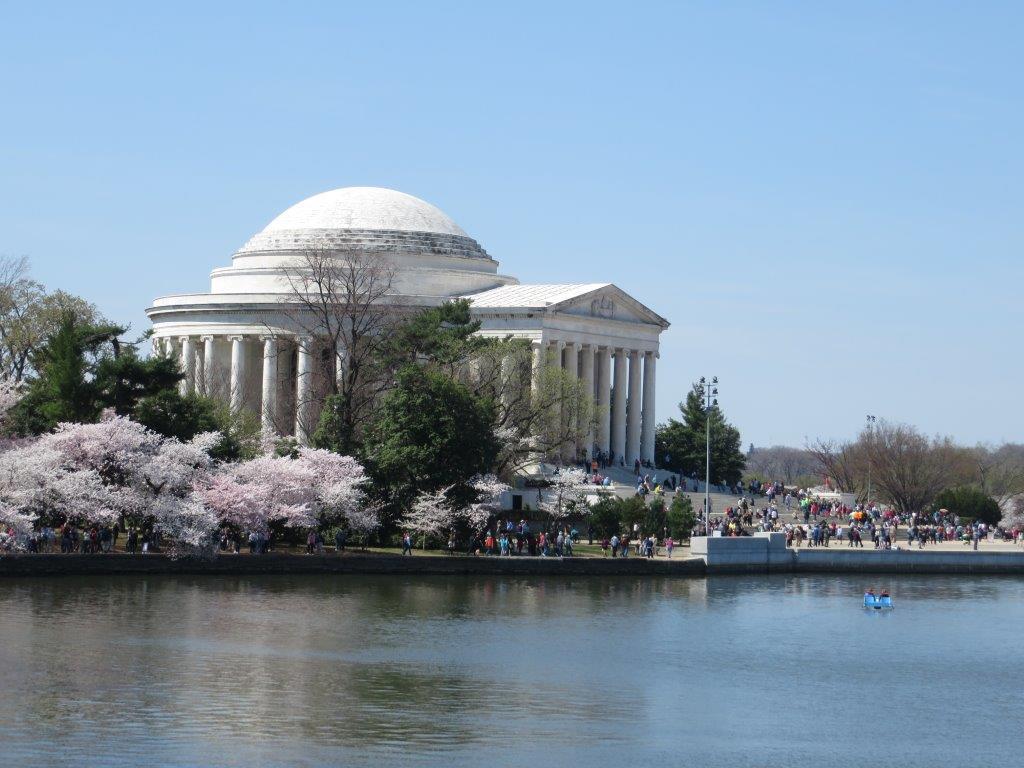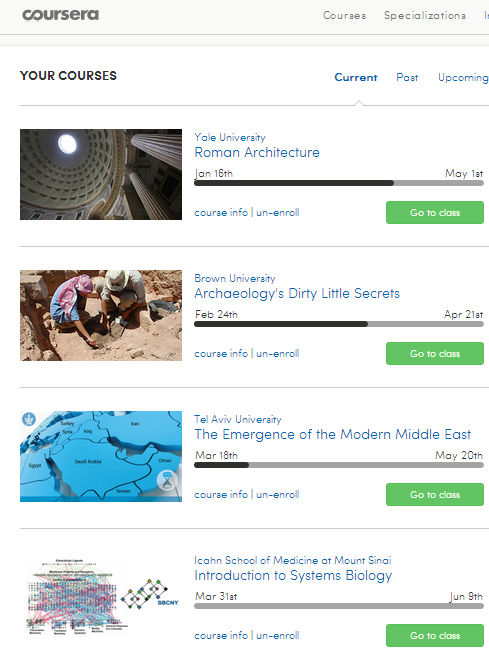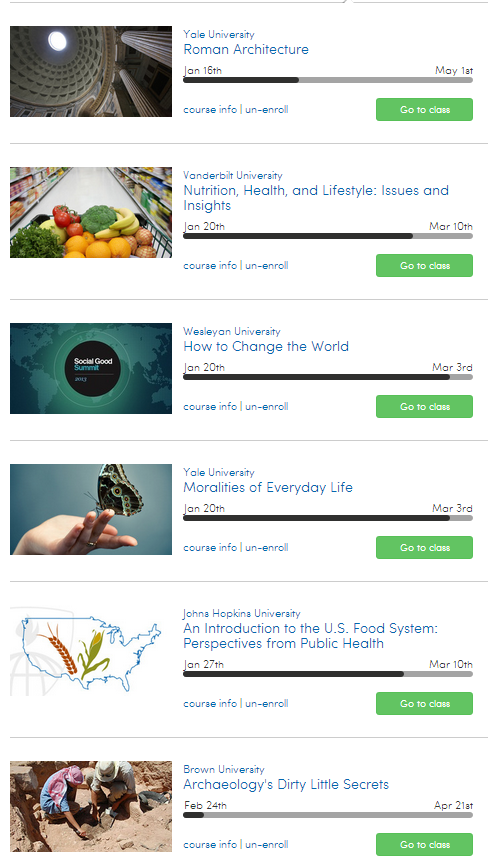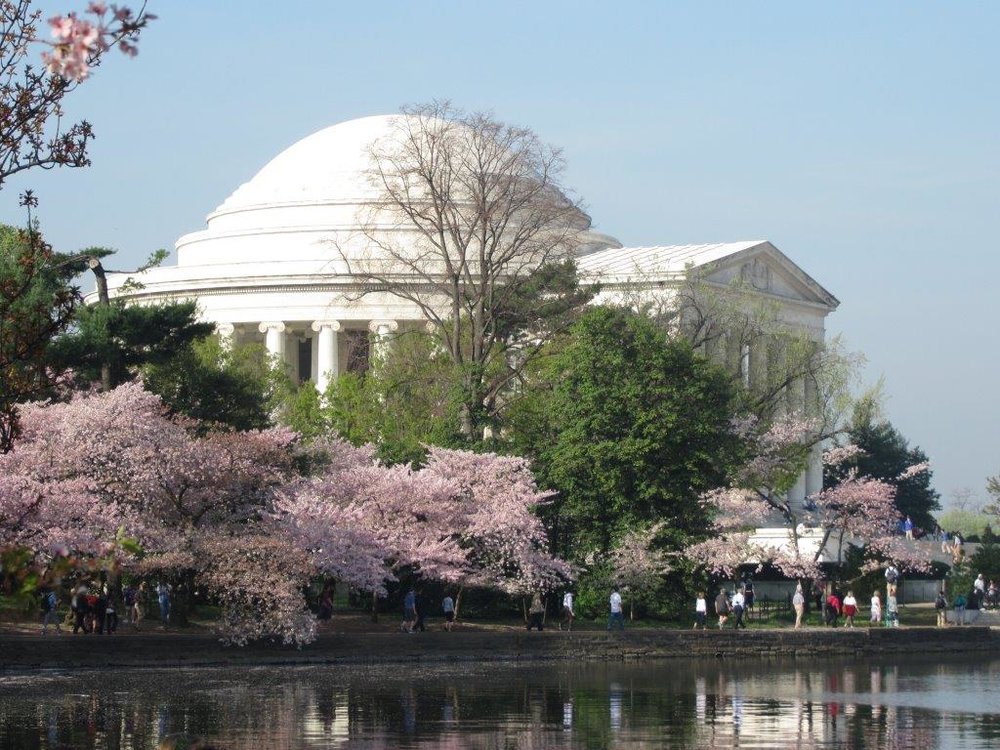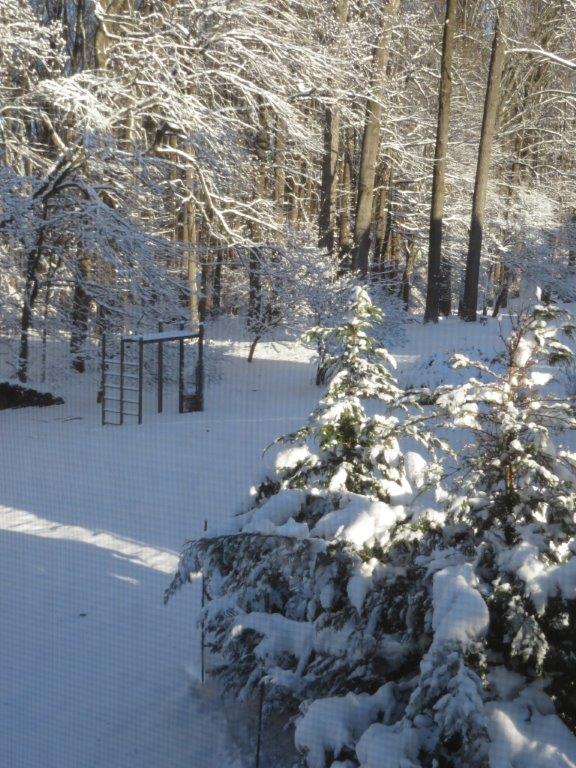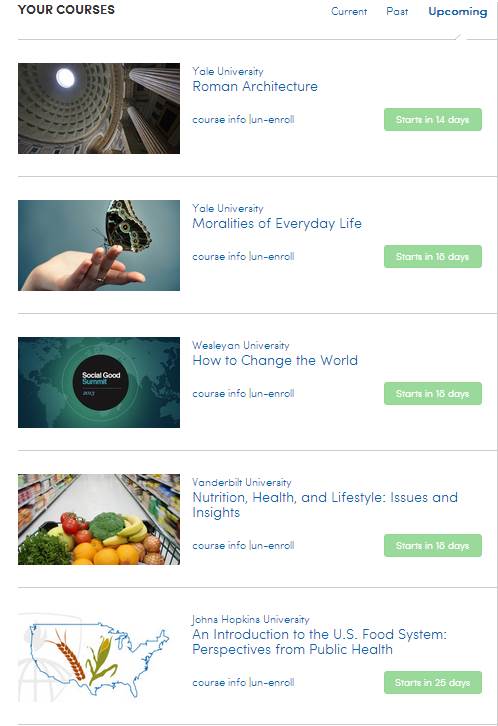Coursera - December 2014
/Several courses finished in November: Modern and Contemporary Poetry from University of Pennsylvania, What Future Education from University of London, and Childbirth: A Global Perspective from Emory University. It is hard to compare them because they were so different. I enjoyed the variety of them…and looked forward to each week of new material. Earlier in my life, I chose courses largely based on the ‘fit’ toward my career goals. Now - the decision is based totally on my interests and I am discovered that my interests are very broad!
Two of the courses that started in October, continued through all of November and into December as well.
Water: The Essential Resource from National Geographic Society. The course is focused on teaching the topic to 4th-8th graders. I’ve learned some new things about the topic and about teaching.
Philosophy and the Sciences from the University of Edinburgh. The first part of the course was about cosmology and the second is about cognitive science. The presentations are informative about the science and thought provoking about the relationship between science and philosophy in these two areas.
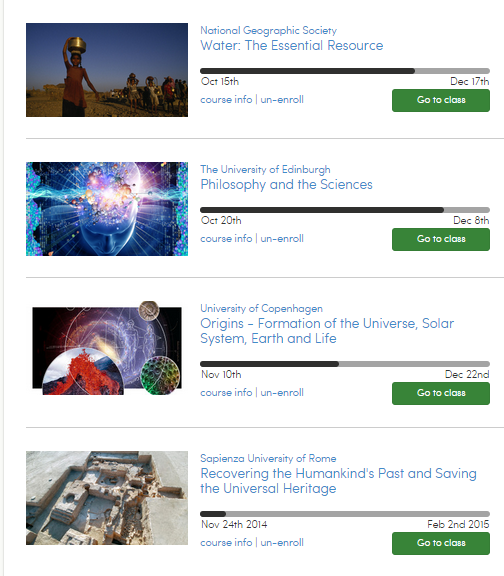 Two new courses started in November and continue into December.
Two new courses started in November and continue into December.
Origins - Formation of the Universe, Solar System, Earth, and Life from University of Copenhagen. The Cosmology section of the Philosophy and Sciences course dovetailed very well with the first weeks of the Origins course. Both presentations were very well done. At this point of the course, the discussion is on the ‘life’ part. The snowball earth theory, impact of mass extinctions, and new DNA/molecular analysis to compare life forms are all new since I got my undergraduate degree in biology!
Recovering the Humankind’s Past and Saving the Universal Heritage from Sapienza University of Rome. This course has just started and is the only course that will continue through to January. I am already bracing myself; it will seem odd to only have one course for a few weeks! The first week of the course was thought provoking - pointing out the indications we have that people have not always viewed history or remains of prior cultures in the same way.

